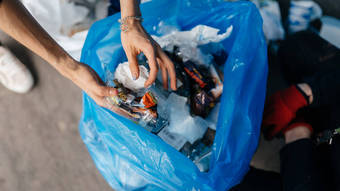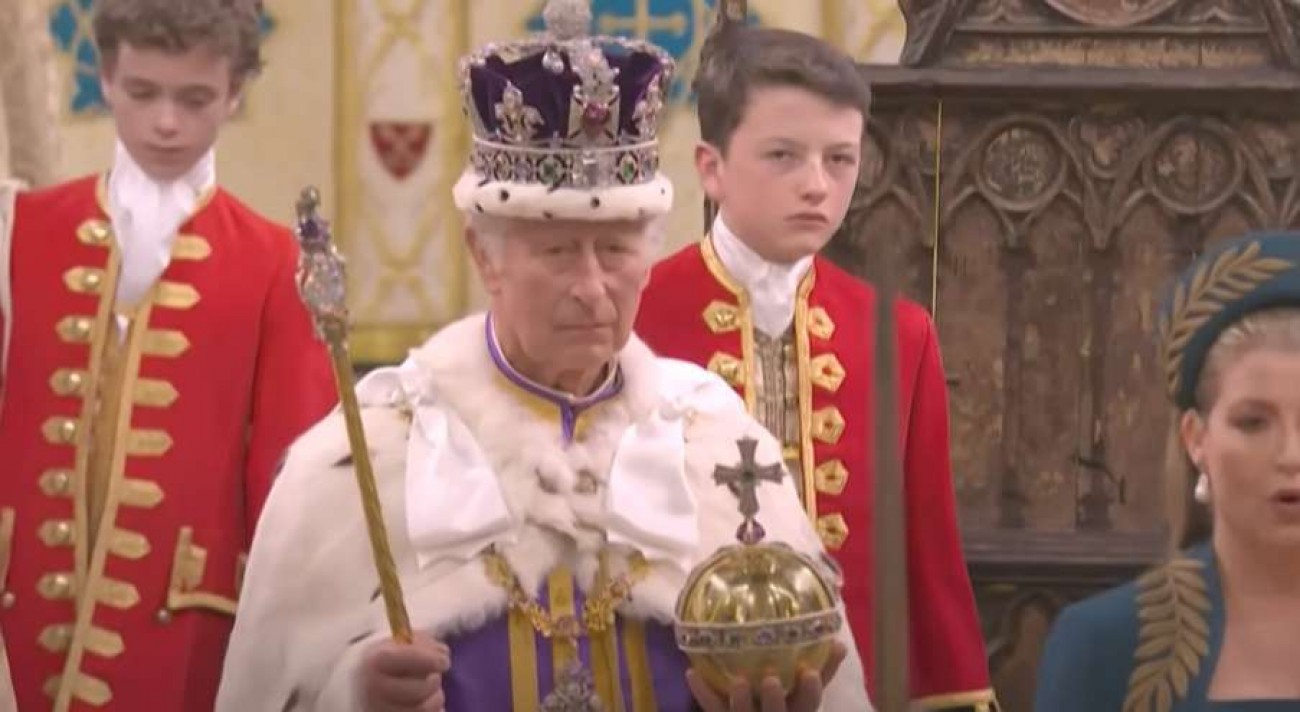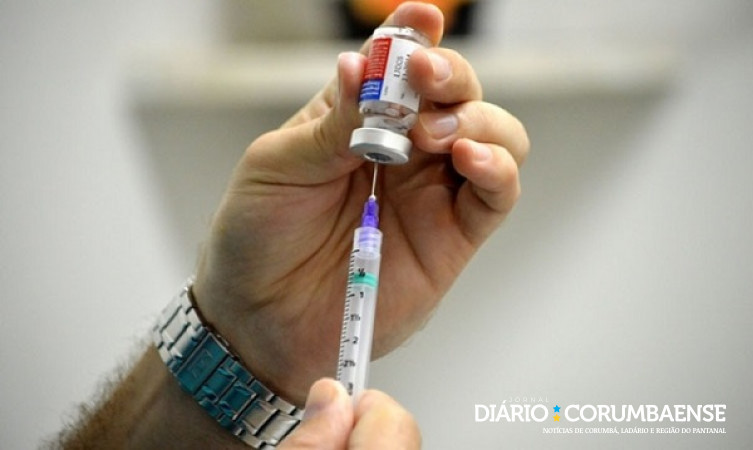
A 48-year-old Spanish man weighing 250 kg was rescued in the city of El Prat de Llobregat in Barcelona, after he asked for help from the local fire brigade due to difficulty in moving due to Weight and the accumulation of rubbish in your home. According to the Spanish press, the individual suffers from Diogenes syndrome and needs assistance from a forklift and backhoe to be removed.
According to the Spanish website El Correo, the patient had not drunk or eaten for days, and would have started piling up rubbish with the Covid-19 pandemic. After the rescue, the man was sent to the hospital and is doing well.
According to an article published in Jornal Brasileiro de Psiquiatria, in 2010 the annual incidence of the disease is 5 per 10,000 people over the age of 60.
Psychiatrist Eduardo Perrin states that, since there is no description of Diogenes syndrome by the ICD-10 (International Classification of Diseases) or the DSM-5 (Diagnostic and Statistical Manual of Mental Disorders), there is no general consensus on the diagnosis and therefore, sometimes accumulation disorders end up having Such a name.
He explains that the syndrome is characterized by frontotemporal dementia that is triggered by alcoholism and leads to the accumulation of merchandise, clothes, and even trash.
This mental decline occurs in the frontal lobe, the part of the brain responsible for ordering one’s desires and interests in tasks, and is caused by excessive alcohol consumption.
Perrin notes that alcohol history is part of the differentiation in the diagnosis, which must rule out other disorders, such as hoarding or OCD (obsessive-compulsive disorder), and must be performed by a psychiatrist.
• Share this news on WhatsApp
• Share this news on Telegram
Because the causes of the syndrome are not fully understood, there is no recommendation for prevention, says Julia Trindade, a psychiatrist and member of the Brazilian Psychiatric Association.
However, if signs of social isolation and personal neglect are observed in oneself or close people, they indicate that it is important to seek medical help.
Julia says treatment for Diogenes syndrome involves a multidisciplinary approach, which may include psychotherapy, social support, practical measures and even the use of medication, depending on the situation.
“Cognitive behavioral therapy has been shown to be effective, helping the individual to identify dysfunctional thought patterns and develop skills to modify compulsive behaviors and improve quality of life.”
Experts stress the importance of having social agents to help regulate the environment and help manage the backlog.
Julia concludes, “In some of the most serious cases, the compulsory removal of the backlog and the intervention of public health authorities may be necessary to ensure the safety and well-being of the individual and the environment in which they live.”

“Friendly zombie guru. Avid pop culture scholar. Freelance travel geek. Wannabe troublemaker. Coffee specialist.”






